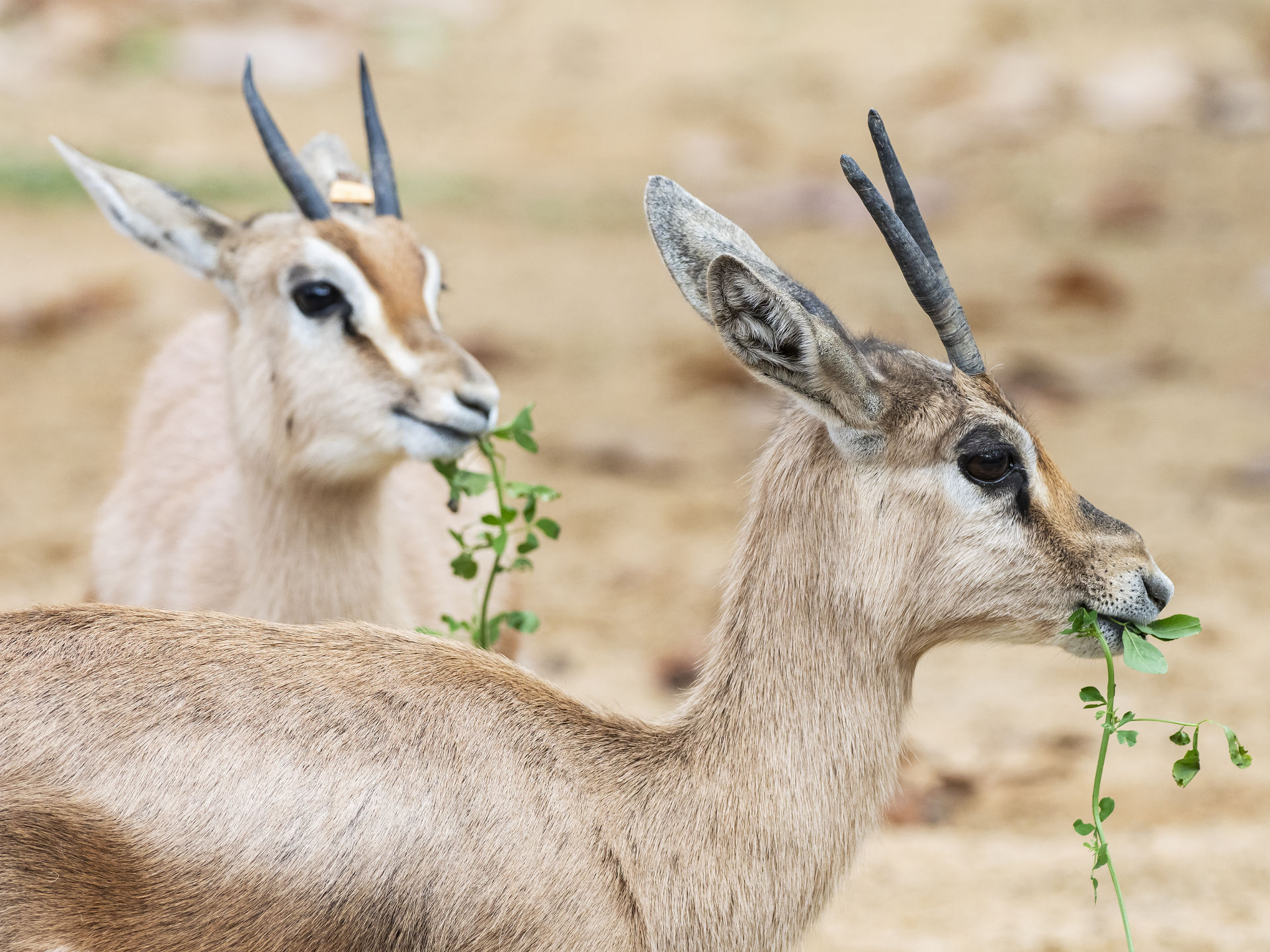Sustainability
Barcelona Zoo has a history spanning more than 125 years. Over all this time, its strategies for explaining, studying and conserving the environment have changed and it has adapted to newer times. Protecting biodiversity, education on environmental subjects and sustainable practices have always been the prime objectives for our institution and we have therefore been able to create appropriate channels with the general public to convey those objectives.
In the face of the environmental challenges the planet is facing, zoological institutions like ours have taken on leading roles in providing information about correct environmental practices.
Barcelona Zoo joined Barcelona City Council's Citizen Commitment to Sustainability in 2004 and has produced its own 2019-2030 Action Plan for Sustainability, both within the framework of the Sustainable Development Goals set out by the United Nations in September 2015.
Goals of the Zoo's Sustainability Plan
Biodiversity
Efficiency
Influence
Awareness
Participation and cohesion
Actions
The Zoo's Sustainability Plan sets out over two hundred actions that will be carried out over the next ten years. Some are small specific actions, while others are big changes in the way we work. Each action has its own schedule, people in charge and budget, so that we will be able to reduce our overall carbon footprint.
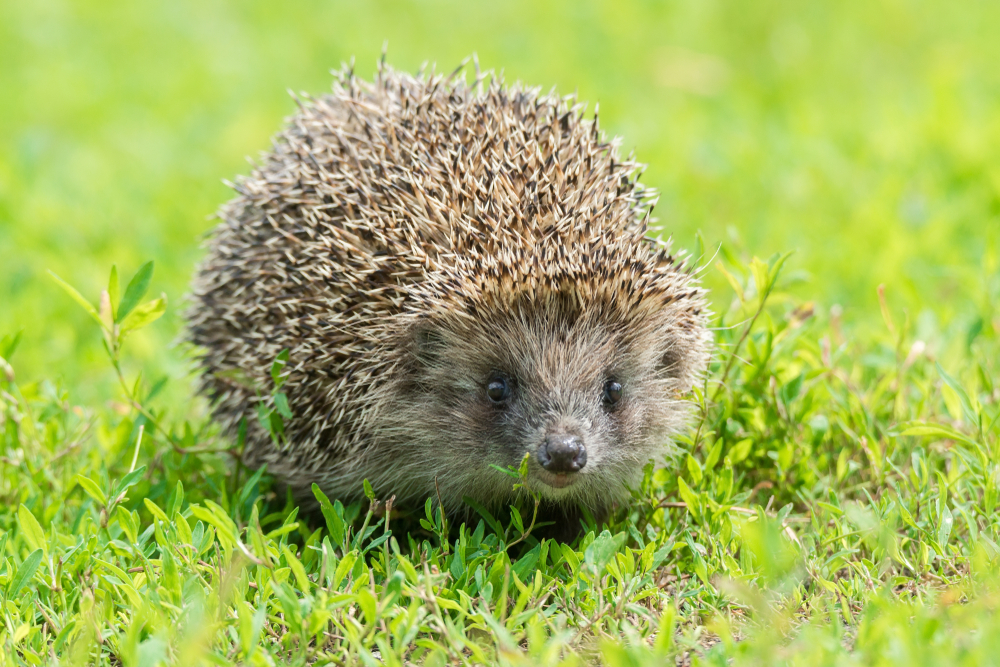
BIODIVERSITY
- To improve our gardens, to make them more natural, planting more native species that have fewer water requirements.
- To control and protect the free-living fauna that comes to the park, such as the colony of herons, hedgehogs and butterflies.
- To foster projects that protect fauna in their natural habitats.
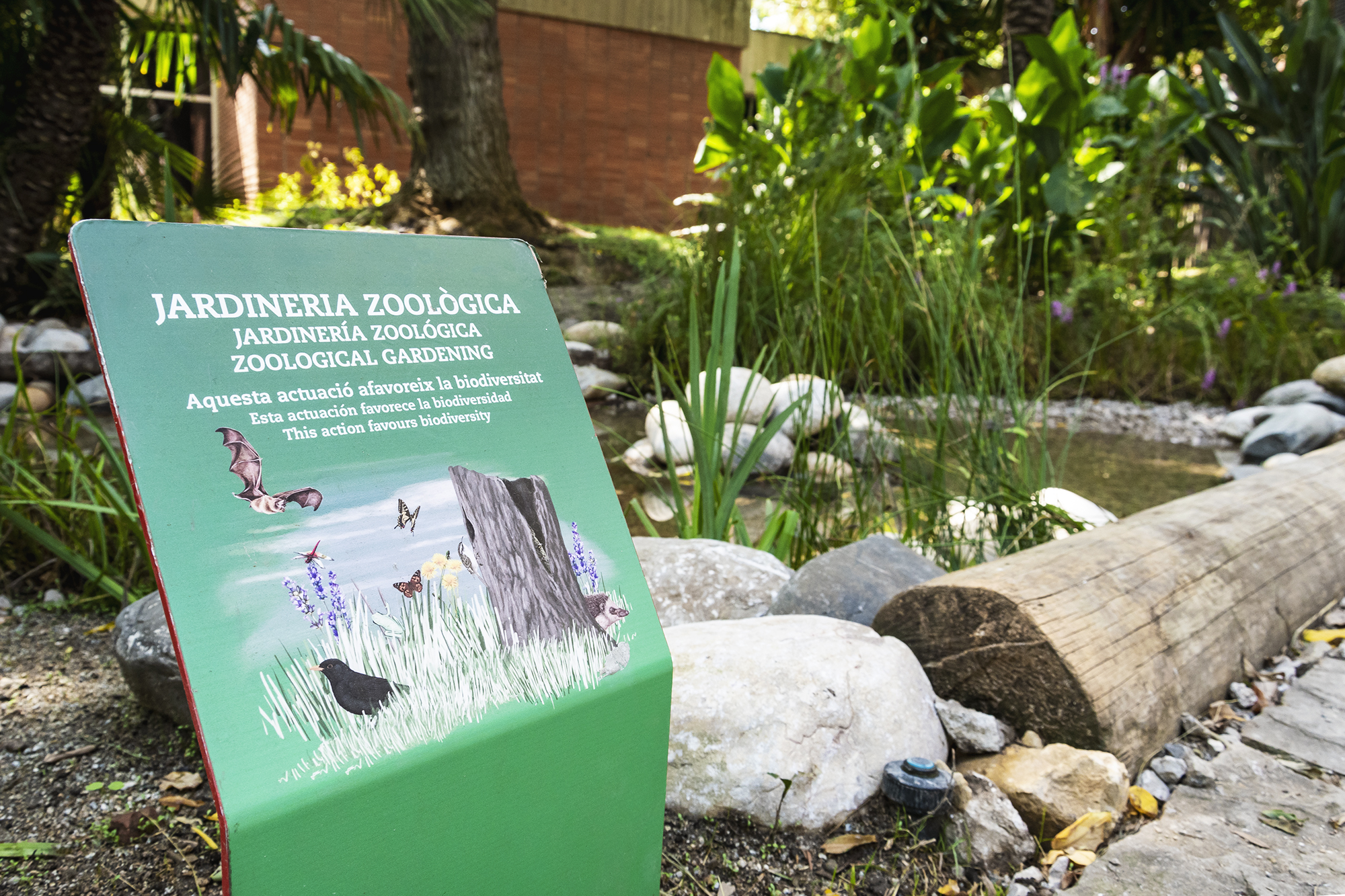
COMMUNICATION
- To showcase sustainable practices and to educate the general public.
- To create combined visiting experiences to areas of the Zoo using audiovisual technologies.
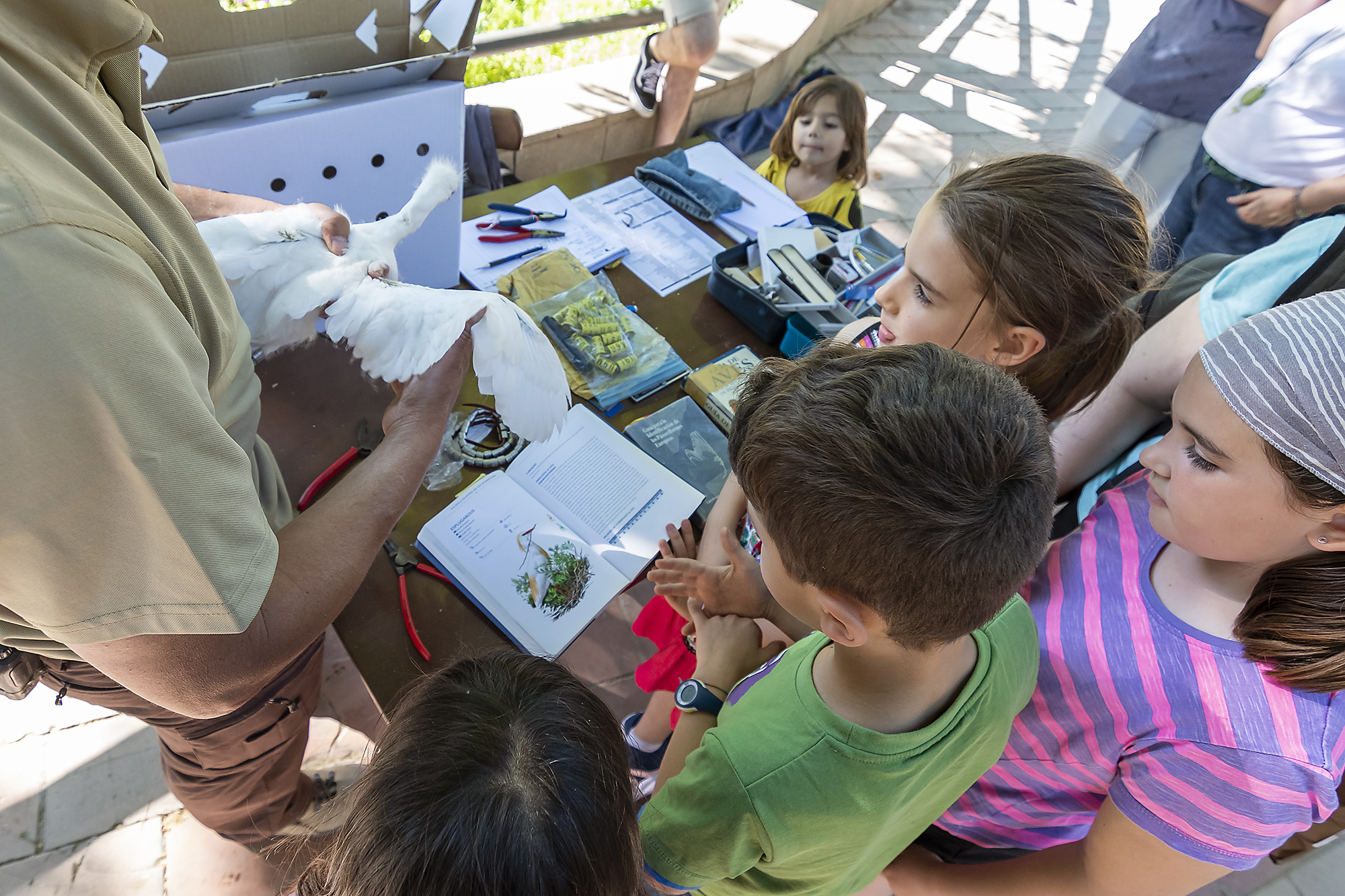
ENVIRONMENTAL EDUCATION
- To create synergies with schools in order to disseminate good environmental practices.
- To create new digital educational materials.
- To train workers about good sustainability practices, such as composting, waste management and energy expenditure.
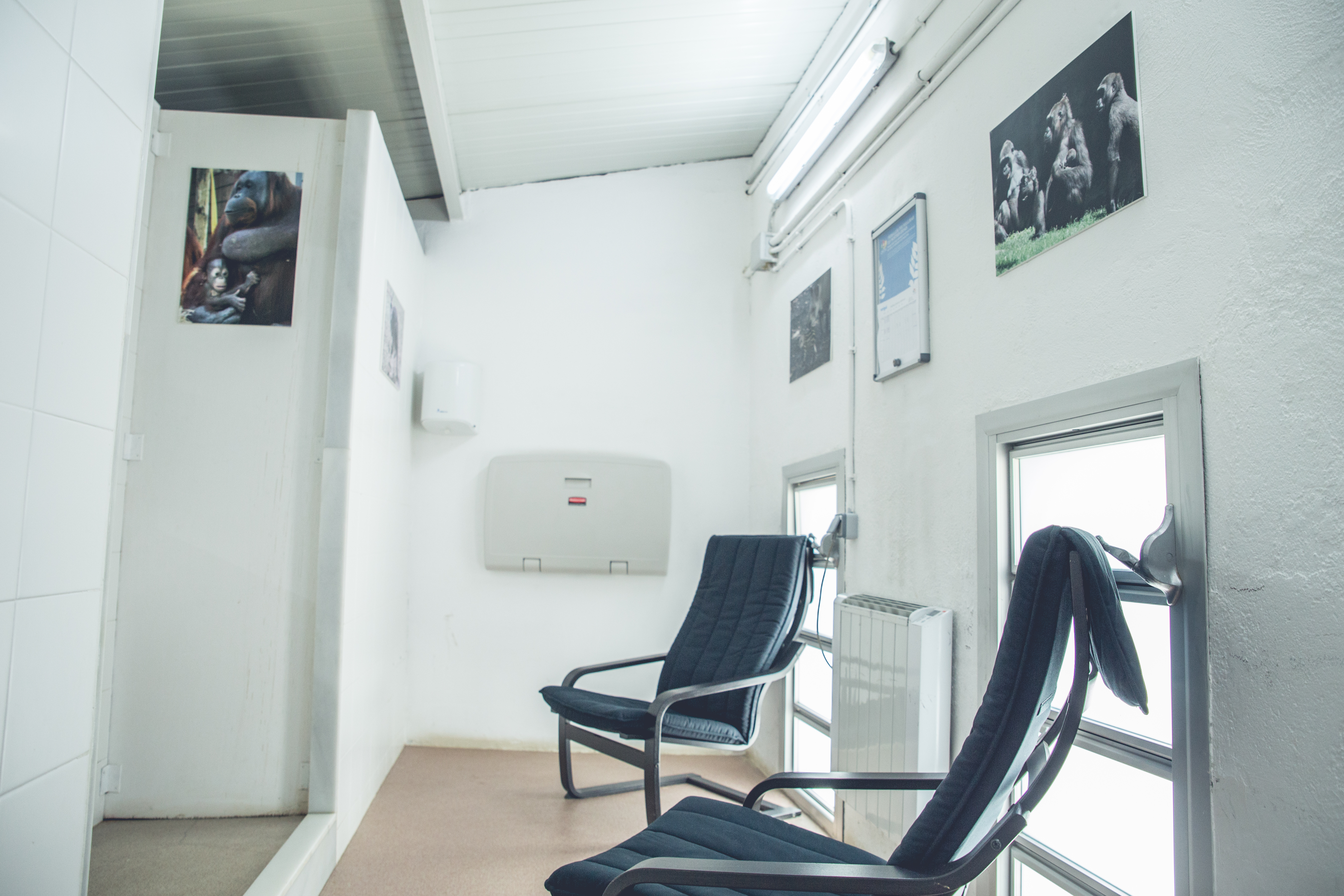
GENDER-INCLUSIVE URBAN PLANNING AND SOCIO-ENVIRONMENTAL SERVICES
- To undertake construction projects that take into account gender equality, avoiding the discrimination of women and children.
- To remove existing gender barriers in the workplace.
- To foster equality and to favour the inclusion of people at risk of exclusion
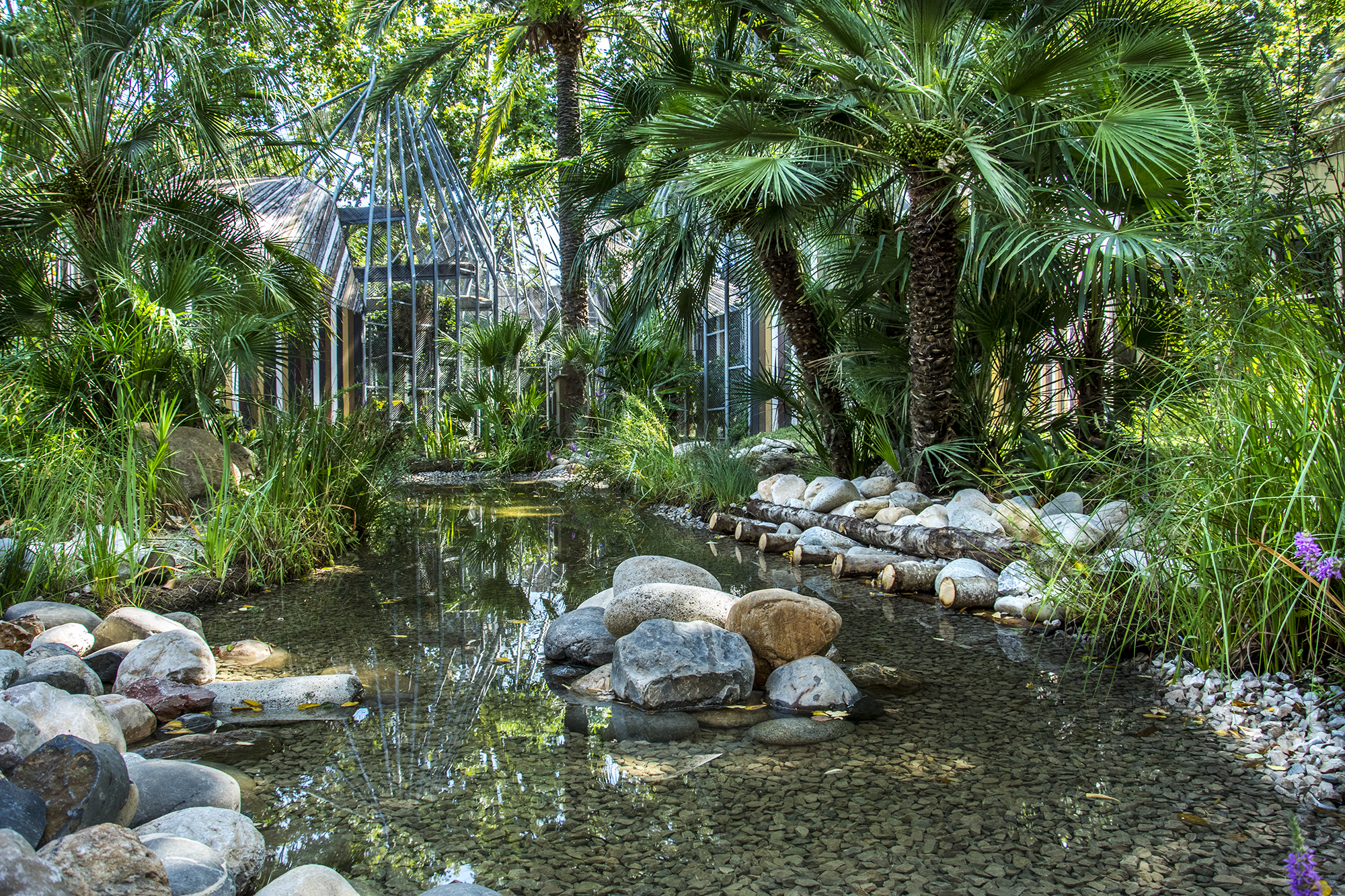
WATER
- To strictly control water consumption, in order to use it responsibly.
- To study the possibility of introducing a supply grid using groundwater.
- To apply remote-management systems for essential irrigation, without any loss or leakages.
- Launch the Life4ZOO project on circular water management in zoological facilities
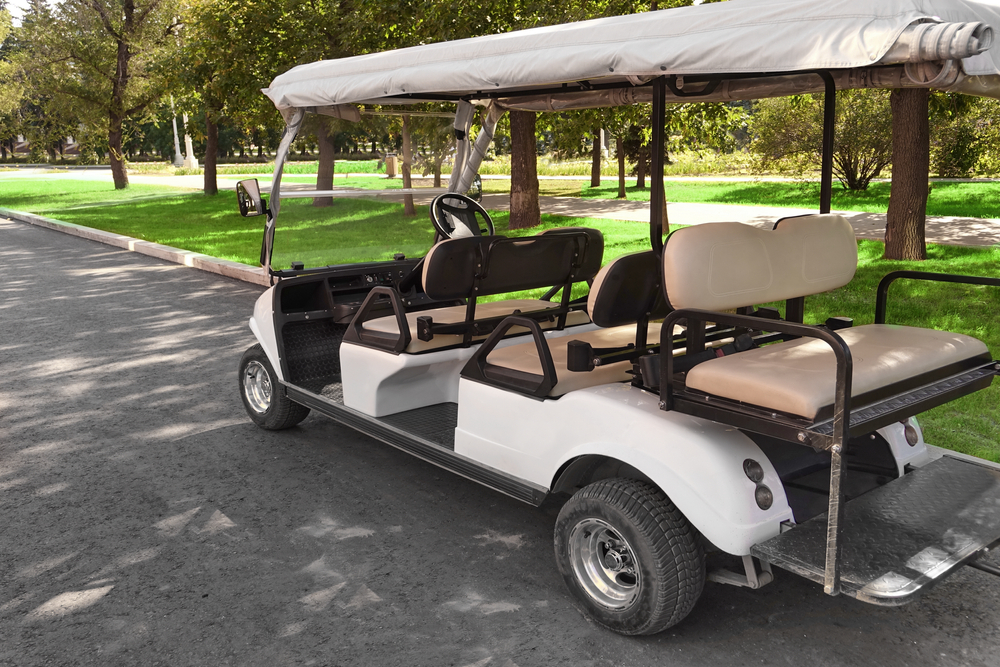
ENERGY
- To install photovoltaic panels for recharging electric vehicles.
- To use electric vehicles and machinery.
- To procure green electricity.
- To apply all available construction measures that make it possible to improve the sustainability of our buildings.
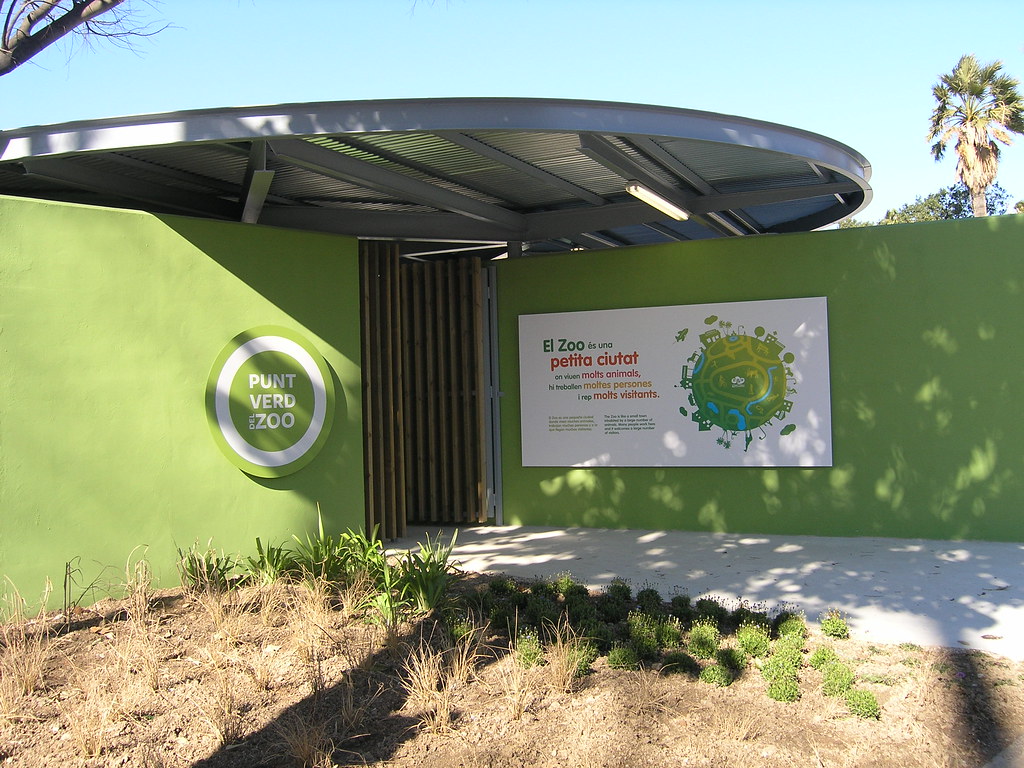
MATERIALS AND WASTE
- To prevent food wastage.
- To do away with single-use plastics.
- To foster the purchase of local, ecological food for our animals.
- To achieve 99% recycling of the Zoo's waste.
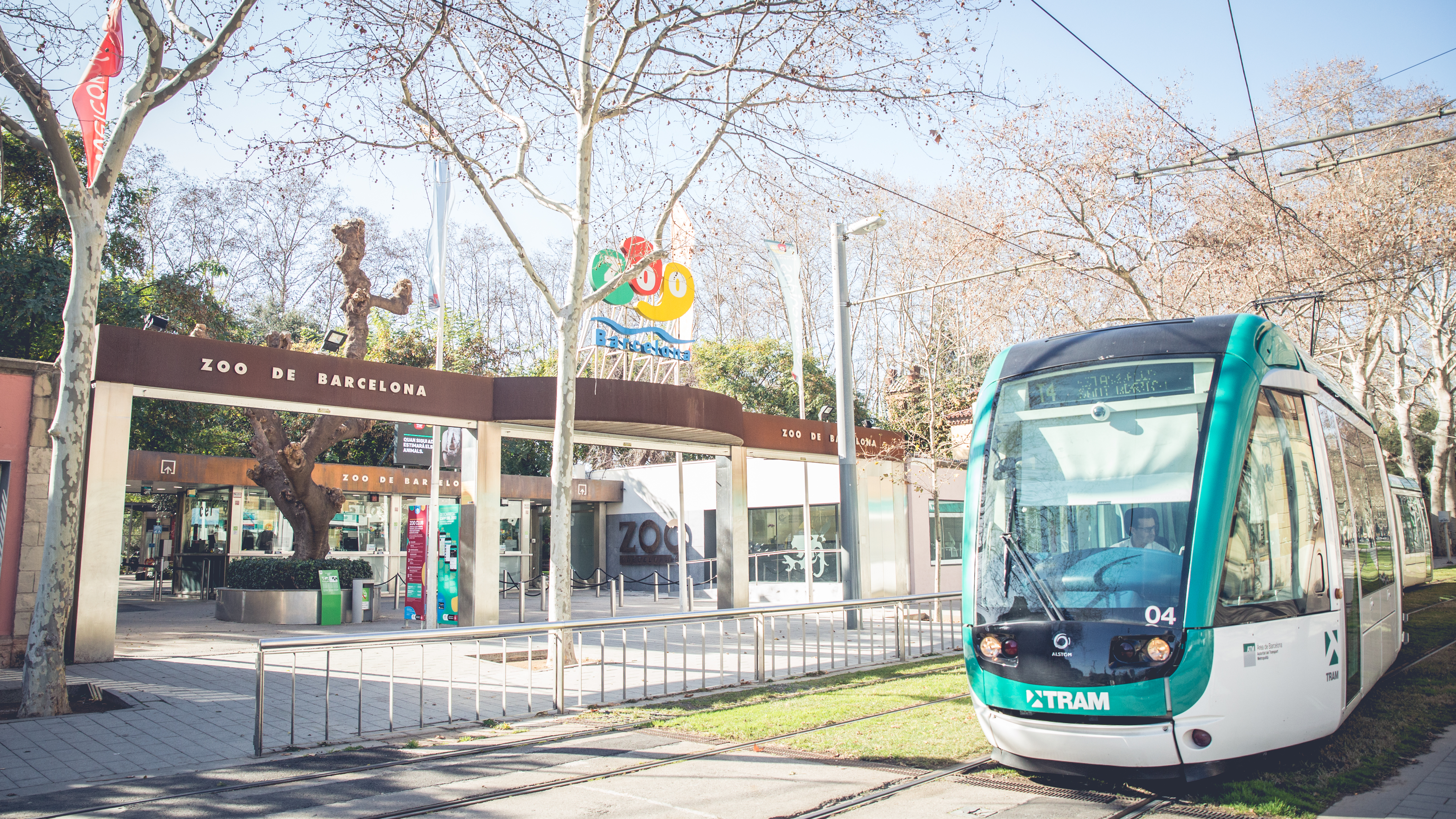
MOBILITY
- To promote the use of bicycles among our visitors and workers.
- To produce a mobility plan for the entire company which encourages the use of public transport.



